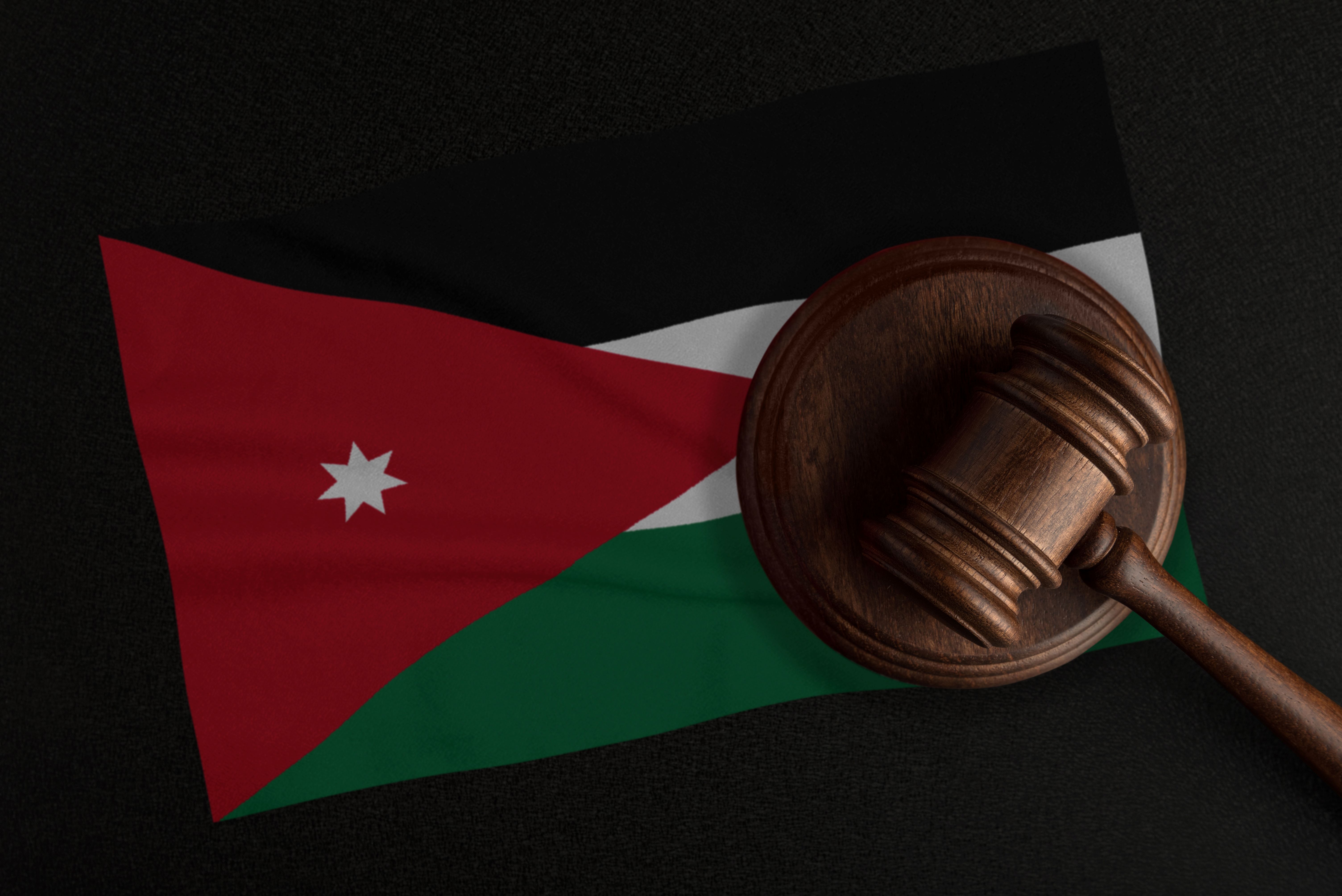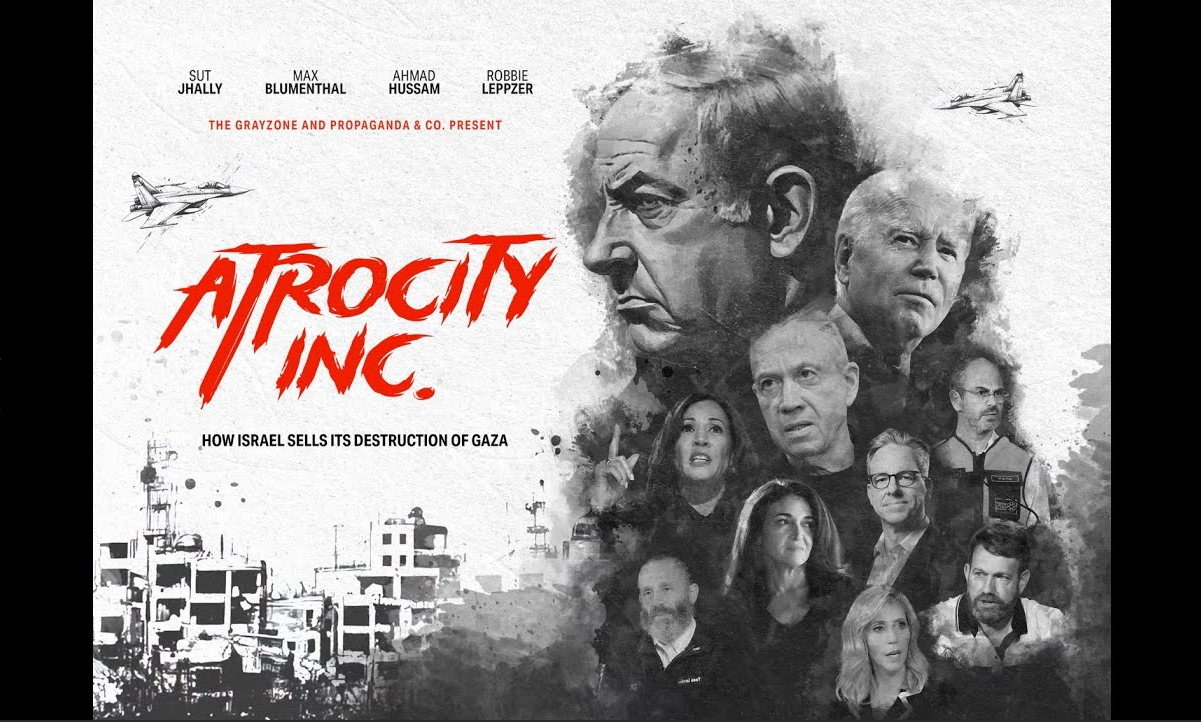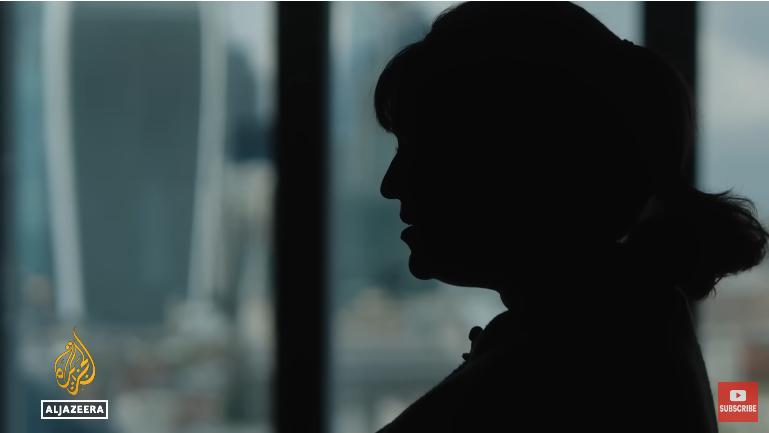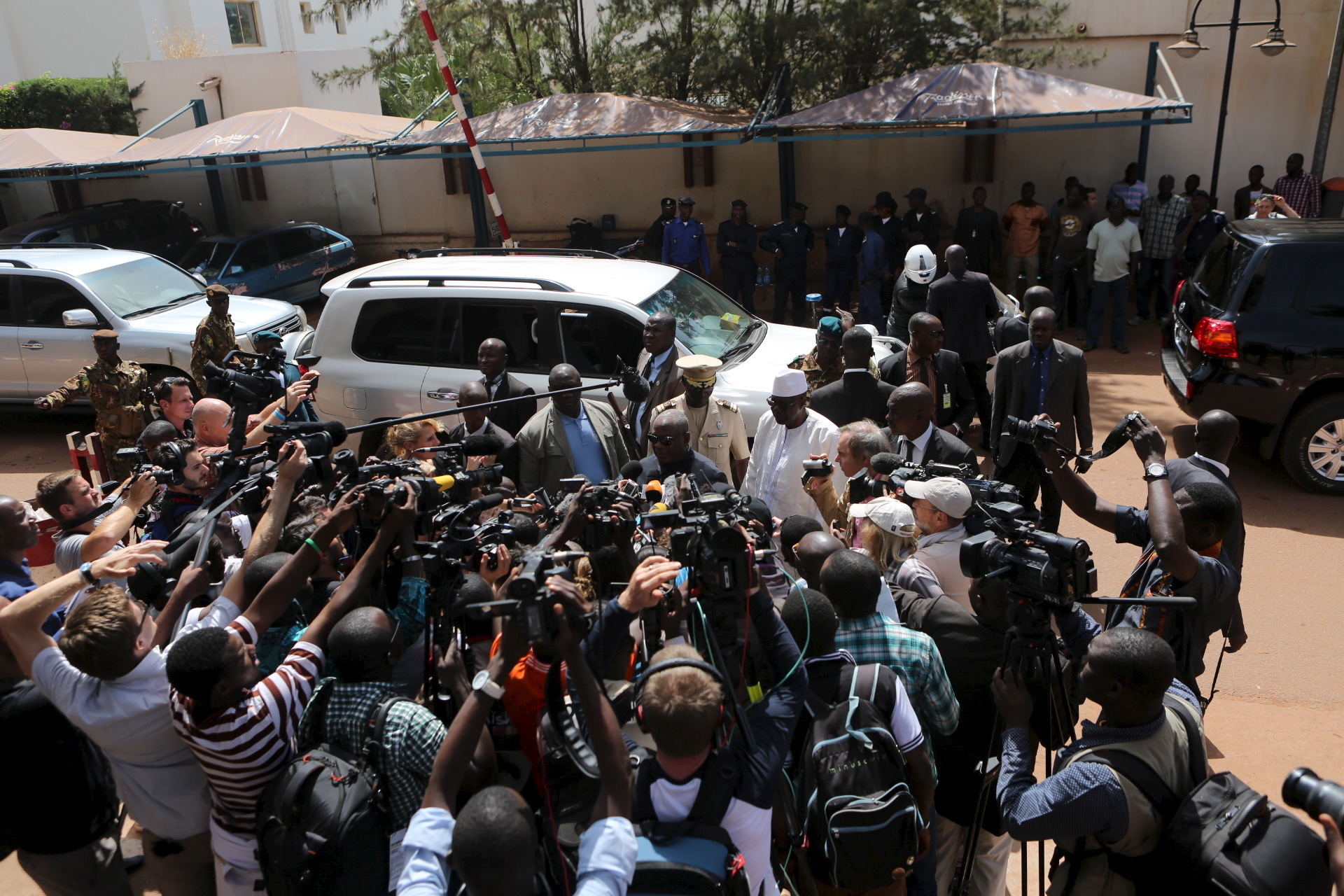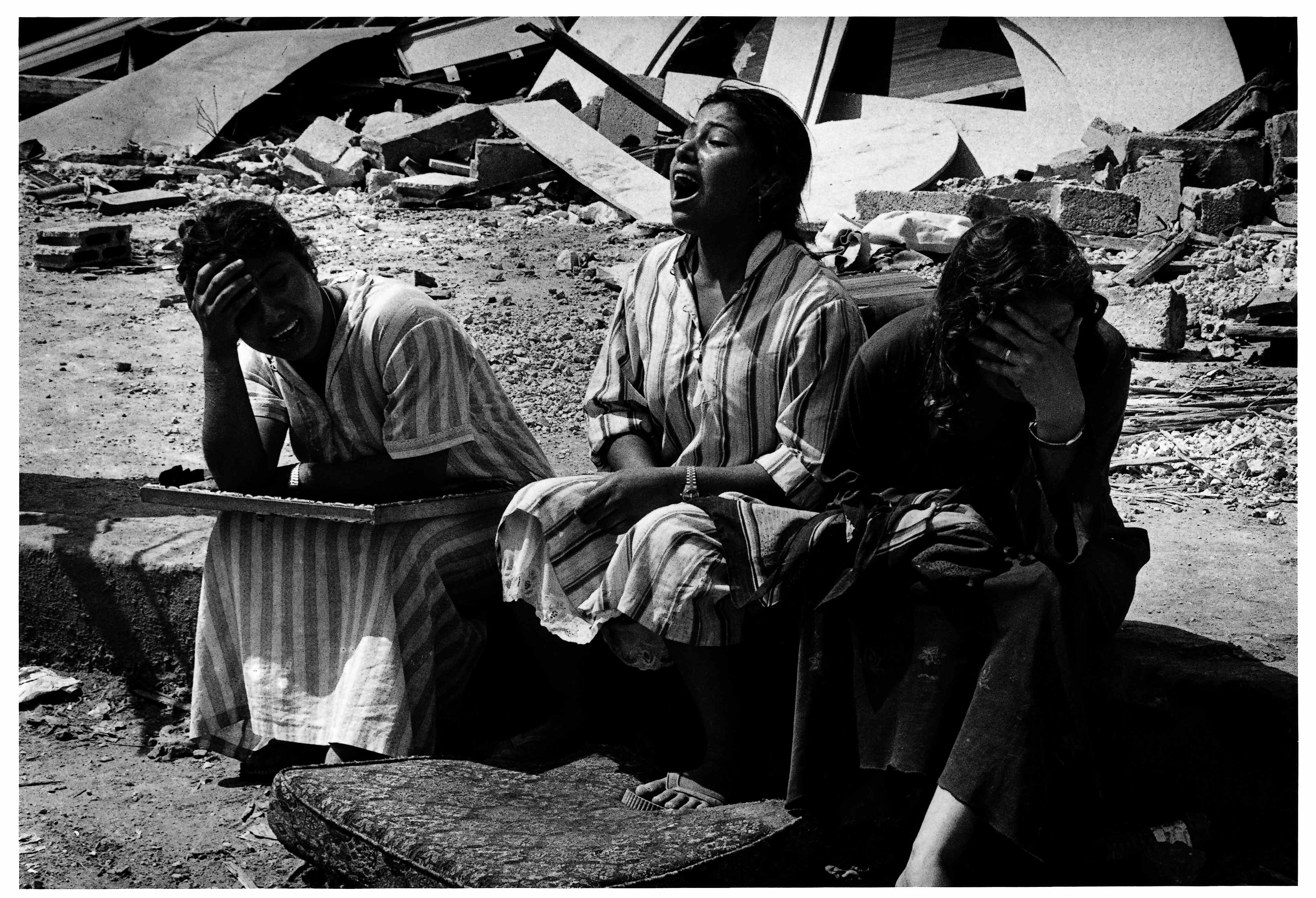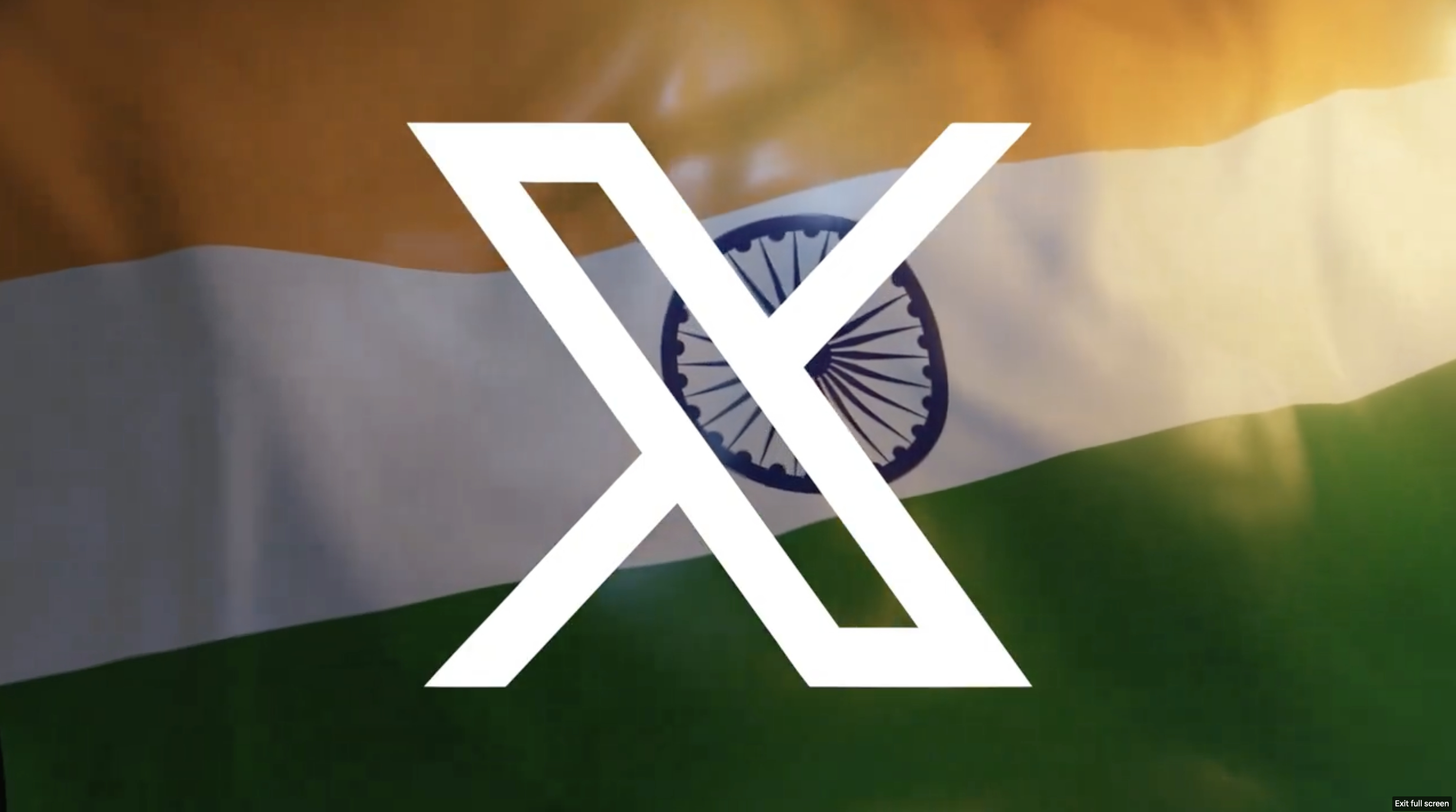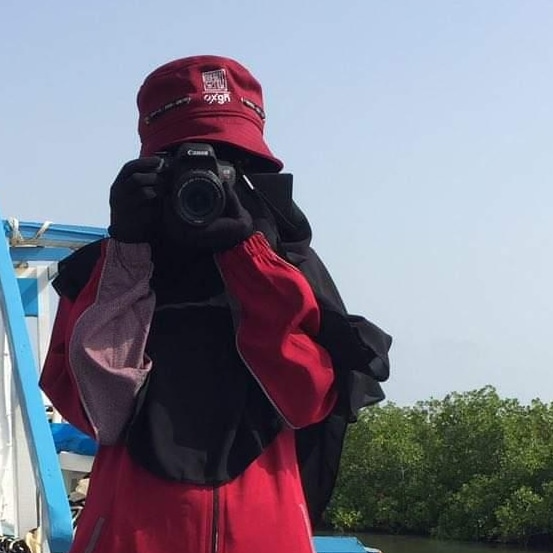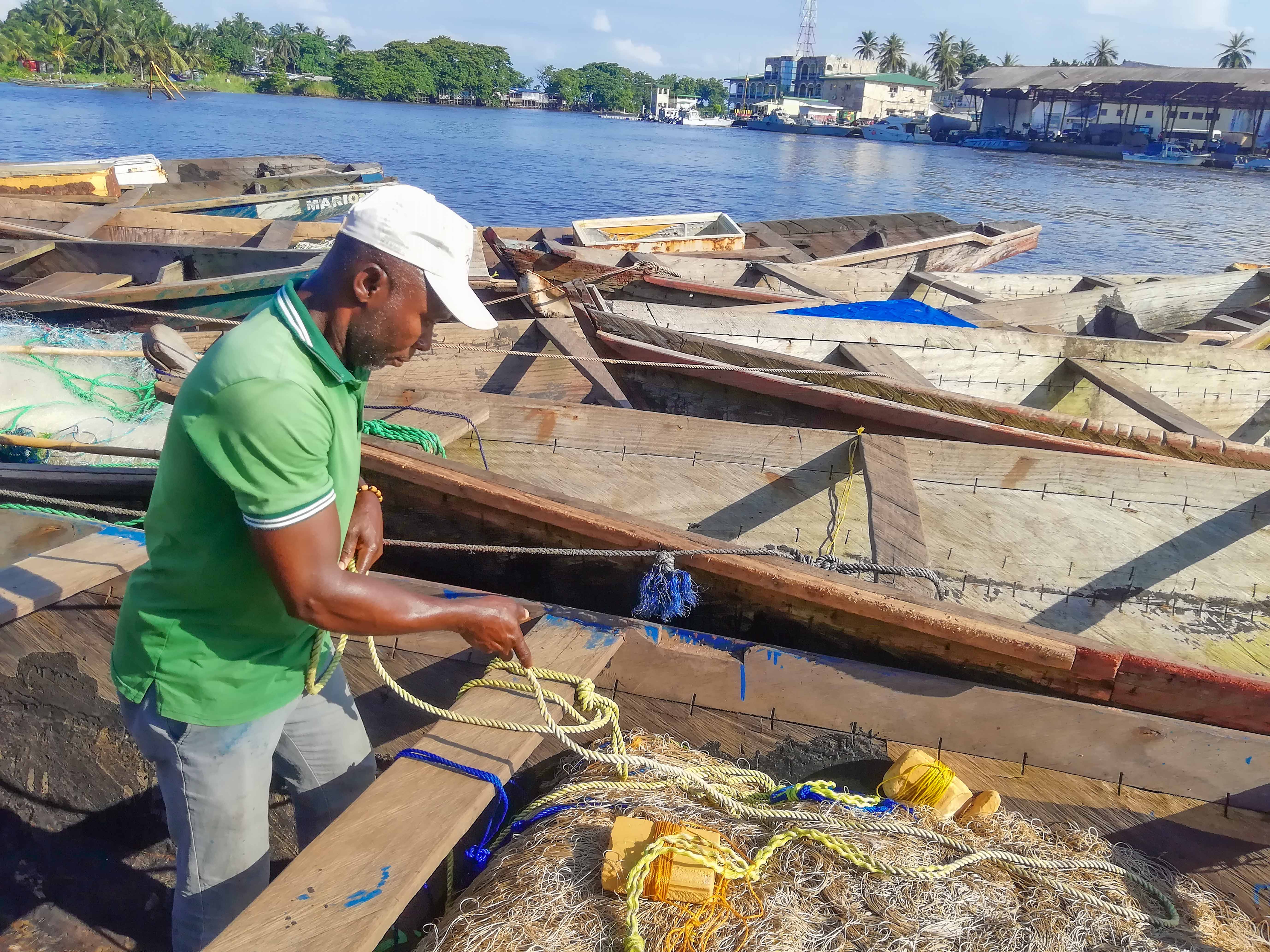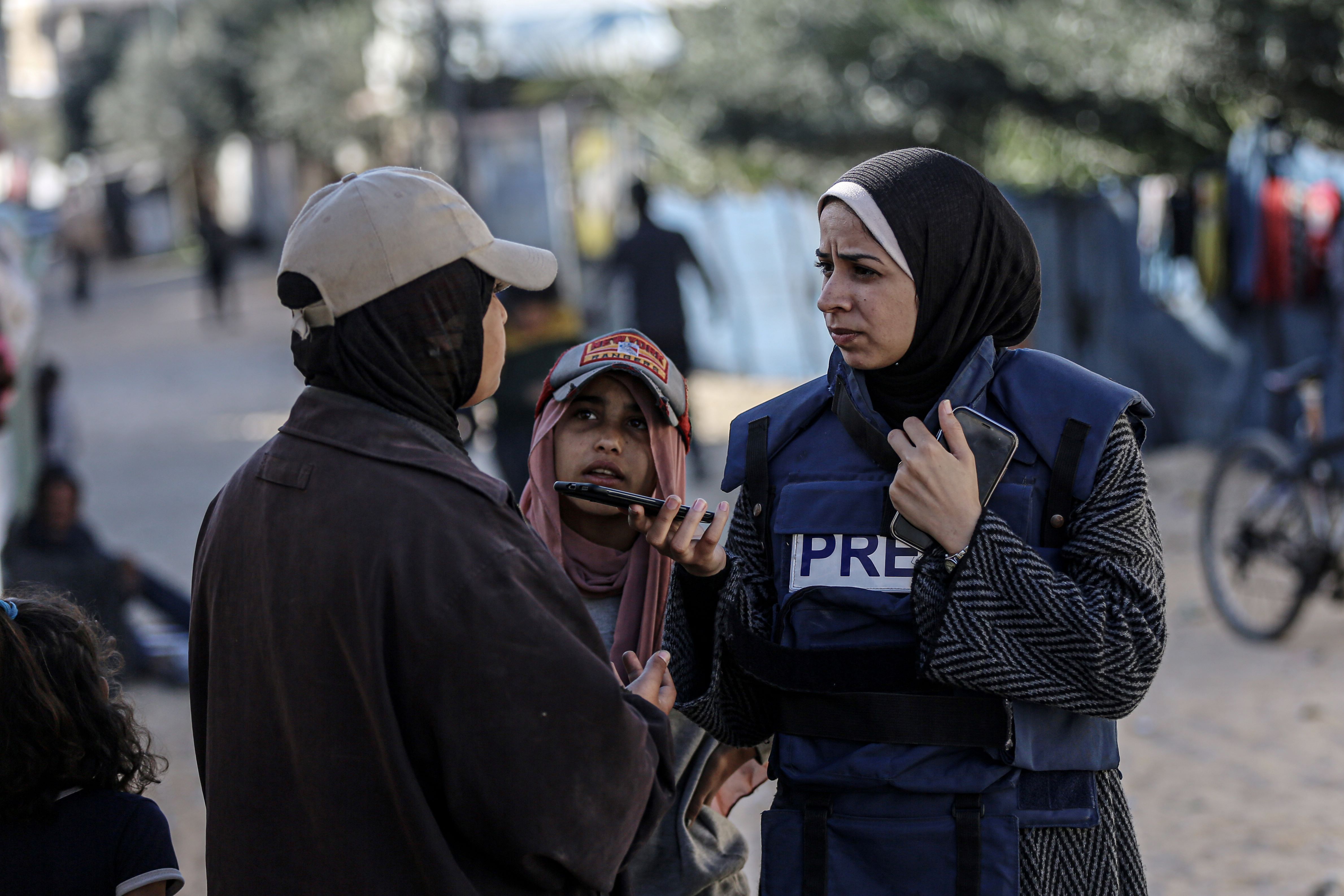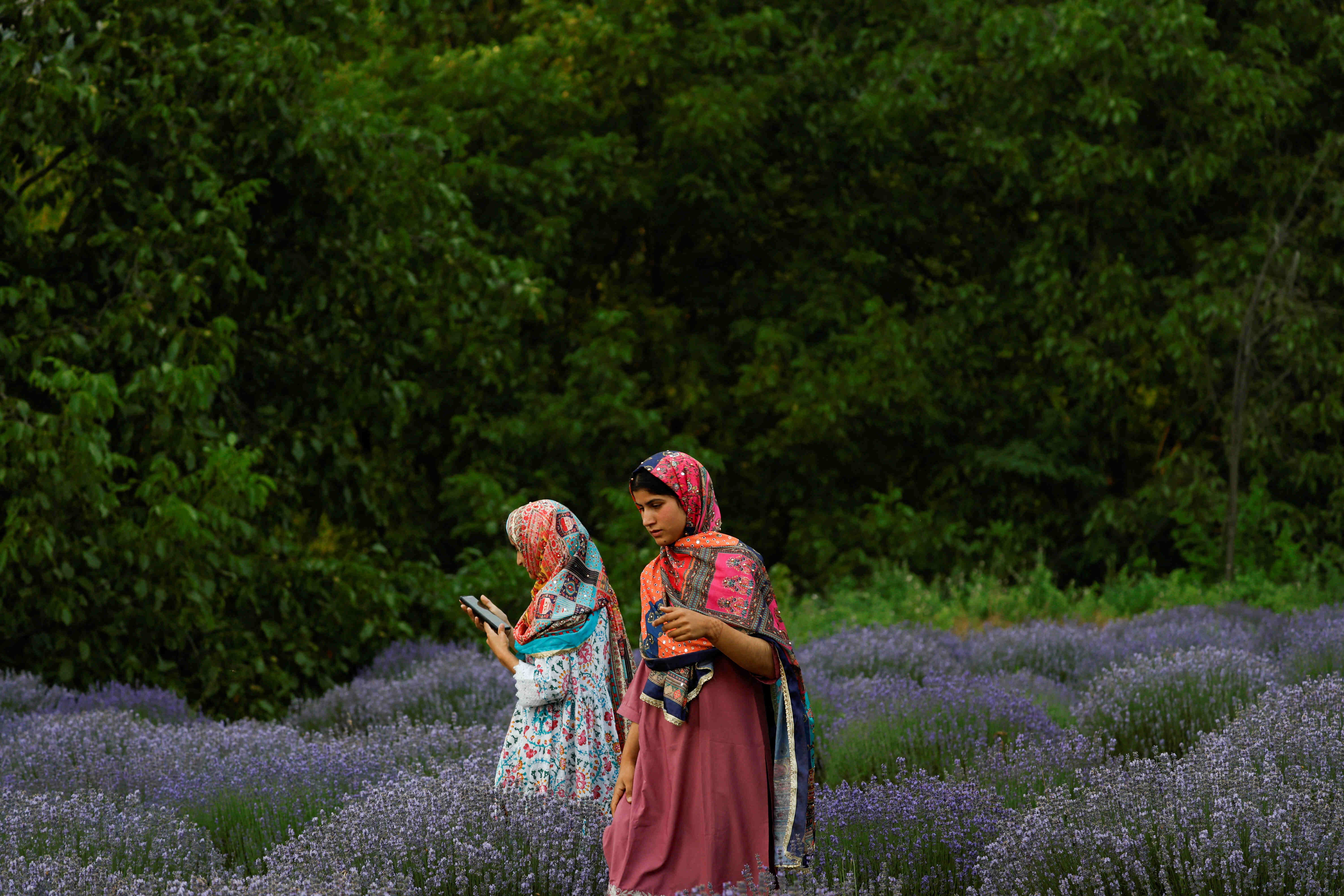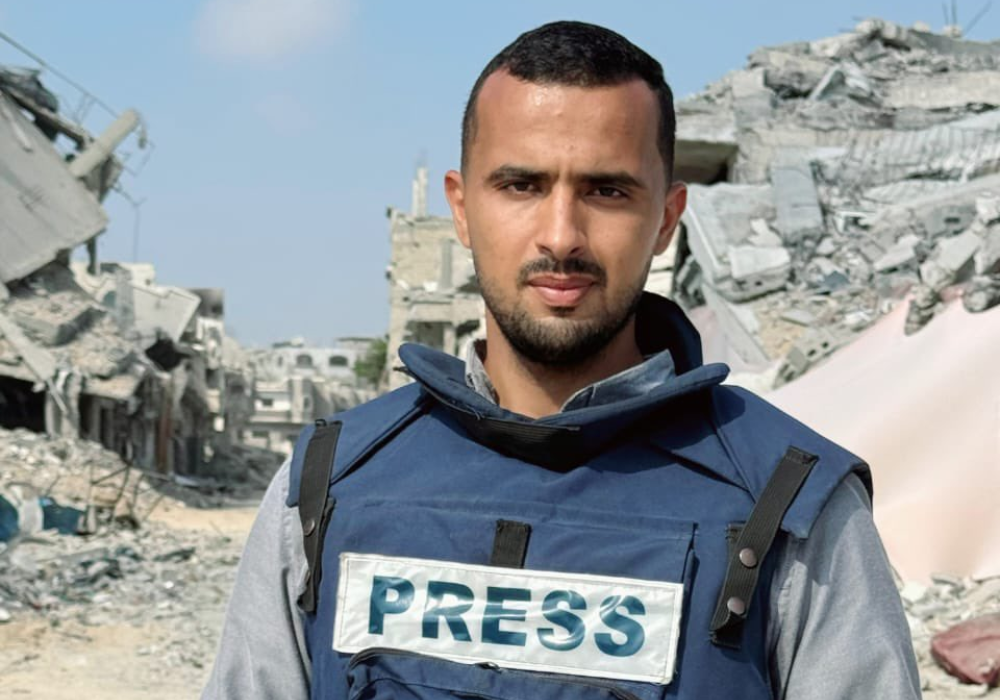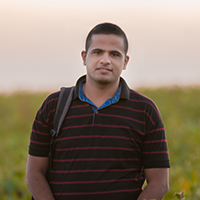Al Jazeera Journalism Review
Freedom of the Press in Jordan and Unconstitutional Interpretations
Since the approval of the Cybercrime Law in Jordan, freedom of opinion and expression has entered a troubling phase marked by the arrest of journalists and restrictions on media. Musab Shawabkeh offers a constitutional reading based on interpretations and rulings that uphold freedom of expression in a context where the country needs diverse opinions in the face of the Israeli ultra right wing politics.
Corporate Dominance and the Erosion of Editorial Independence in Indian Media
Corporate influence in Indian media has led to widespread editorial suppression, with media owners prioritising political appeasement over journalistic integrity, resulting in a significant erosion of press freedom and diversity in news reporting.
Atrocity Inc.: What Max Blumenthal's New Documentary Reveals About Western Media's Complicity in Israeli Propaganda
A digest of Max Blumenthal's new documentary, Atrocity Inc., in which he uncovers how the Israeli PR machinery and propaganda efforts were carefully and intentionally designed to manufacture consent for a campaign of mass death against Palestinians. It reveals how the Western media, especially in the United States, supported Israel's misinformation war.
A Year of Genocide and Bias: Western Media's Whitewashing of Israel's Ongoing War on Gaza
Major Western media outlets continue to prove that they are a party in the war of narratives, siding with the Israeli occupation. The article explains how these major Western media outlets are still refining their techniques of bias in favor of the occupation, even a year after the genocide in Palestine.
Failing Gaza: Pro-Israel Bias Uncovered Behind the Lens of Western Media
Journalists at CNN and the BBC expose the inner workings of their newsrooms, a year into Israel’s war on Gaza.
Guns, Threats, and Poverty: The Daily Struggles of an African Journalist
The welfare of African journalists continues to deteriorate, from poor wages to security risks, arrests, detention, and even death. This common, ongoing trend generally affects the wellbeing of journalists during their discharge of duties, and these overlooked difficulties tend to affect the quality and output of their work.
Testimonies of the First Witness of the Sabra & Shatila Massacre
The Sabra and Shatila massacre in 1982 saw over 3,000 unarmed Palestinian refugees brutally killed by Phalangist militias under the facilitation of Israeli forces. As the first journalist to enter the camps, Japanese journalist Ryuichi Hirokawa provides a harrowing first-hand account of the atrocity amid a media blackout. His testimony highlights the power of bearing witness to a war crime and contrasts the past Israeli public outcry with today’s silence over the ongoing genocide in Gaza.
How to Bring more Balance to Western Media Coverage of Israel and Palestine
How can journalists accurately cover Palestine without becoming unbalanced or biased? Here are some concrete tools and techniques for reporters to keep in mind.
Anonymous Sources in the New York Times... Covering the War with One Eye
The use of anonymous sources in journalism is considered, within professional and ethical standards, a “last option” for journalists. However, analysis of New York Times data reveals a persistent pattern in the use of “anonymity” to support specific narratives, especially Israeli narratives.
Monitoring of Journalistic Malpractices in Gaza Coverage
On this page, the editorial team of the Al Jazeera Journalism Review will collect news published by media institutions about the current war on Gaza that involves disinformation, bias, or professional journalistic standards and its code of ethics.
India’s Social Media Crackdown; Broader Implications for Journalism
India’s crackdown on X-Twitter accounts documenting hate crimes highlights the increased risks faced by journalists who report on these issues. The suppression of such accounts significantly hampers the ability of journalists to access and report critical information on hate crimes.
Cameroonian Journalists at the Center of Fighting Illegal Fishing
While the EU’s red card to Cameroon has undeniably tarnished its image, it has paradoxically unlocked the potential of Cameroonian journalists and ignited a movement poised to reshape the future. Through this shared struggle, journalists, scientists, conservationists, storytellers, and government officials have united, paving the way for a new era of ocean advocacy.
The Gaza Journalist and the "Heart and Mind" Struggle
Inside the heart of a Palestinian journalist living in Gaza, there are two personas: one is a human who wants to protect his own life and that of his family, and the other is a journalist committed to safeguarding the lives of the people by holding on to the truth and staying in the field. Between these two extremes, or what journalist Maram Hamid describes as the struggle between the heart and the mind, the Palestinian journalist continues to share a narrative that the occupation intended to keep "away from the camera."
India and Pakistan; Journalists building Bridges for Understanding
Amid decades of tension, journalists from India and Pakistan are uniting to combat hostile narratives and highlight shared challenges. Through collaboration, they’re fostering understanding on pressing issues like climate change and healthcare, proving that empathy can transcend borders. Discover how initiatives like the Journalists' Exchange Programme are paving the way for peace journalism and a more nuanced narrative.
Journalists Recount the Final Moments of Ismail Al-Ghoul
Journalists remembering the slain reporter of Al Jazeera in Northern Gaza, Ismail Al Ghoul. "He insisted on continuing his coverage from the northern part of the Gaza Strip, despite the challenges and obstacles he faced. He was arrested and interrogated by the Israeli army, his brother was killed in an Israeli airstrike, and his father passed away during treatment abroad."
